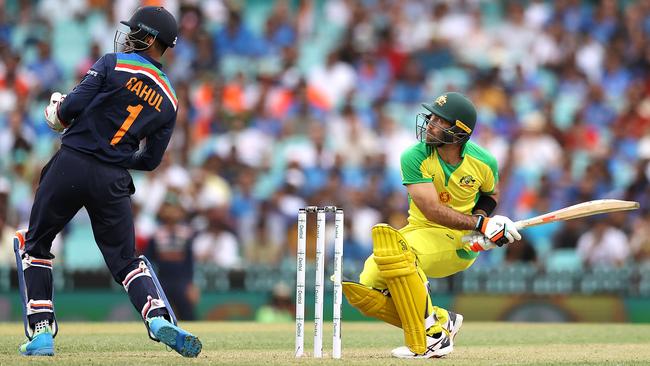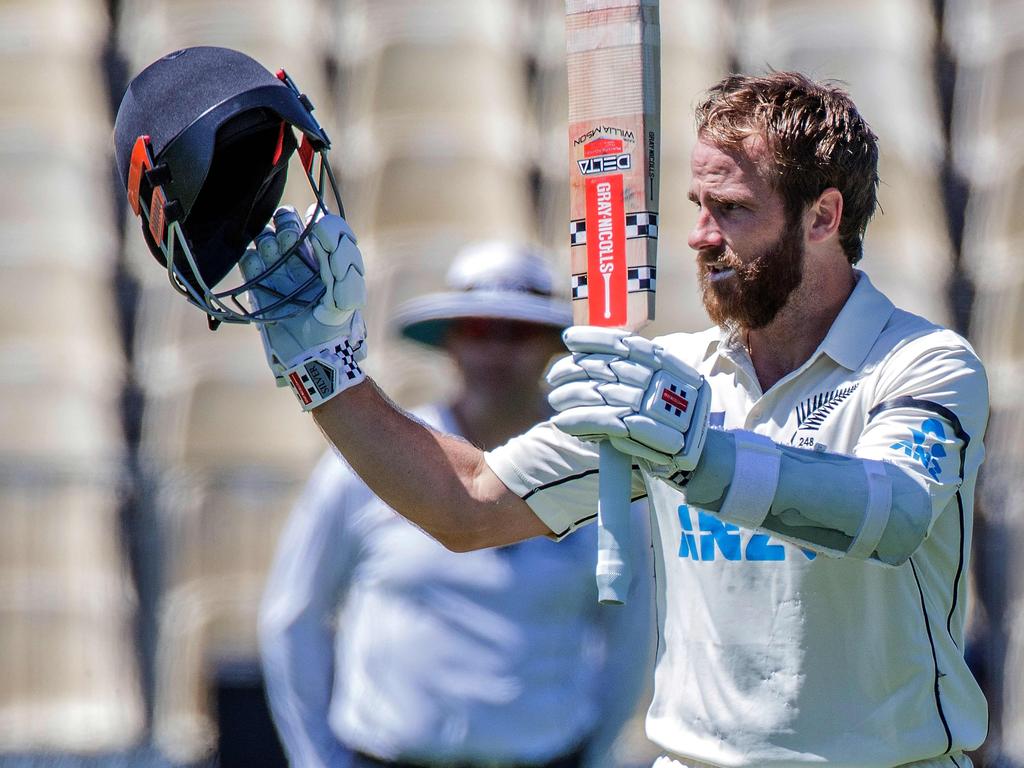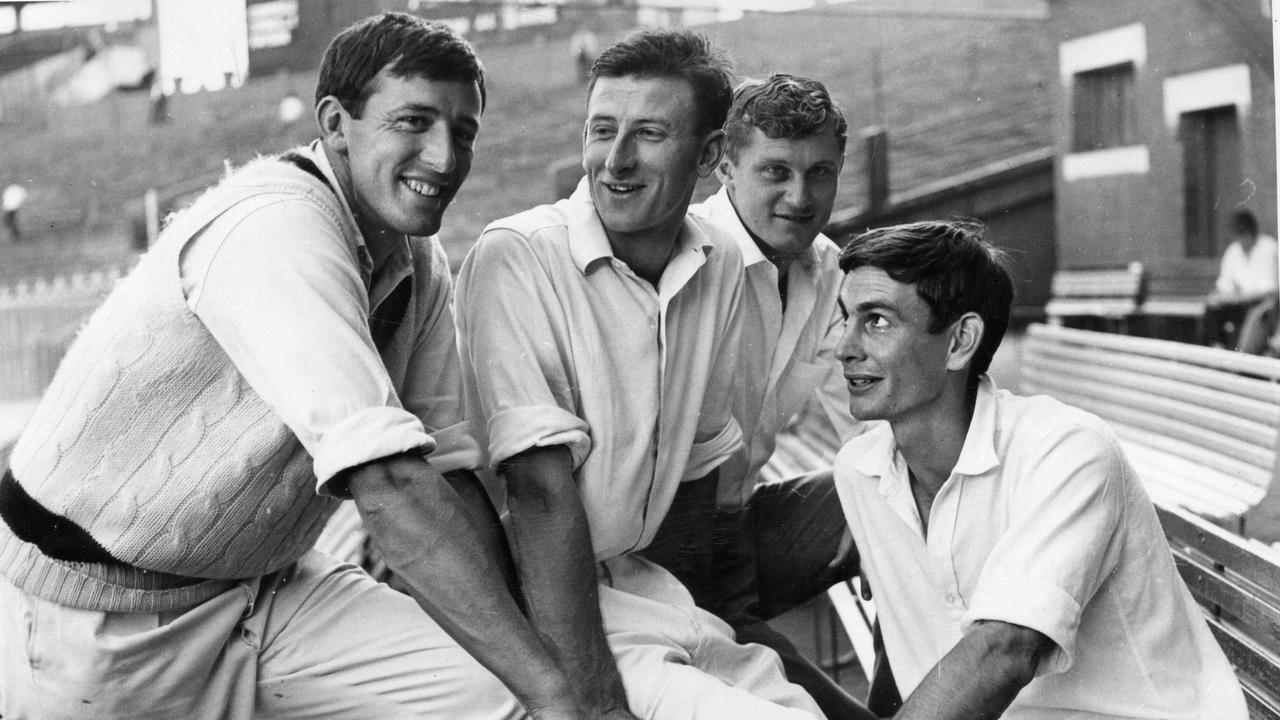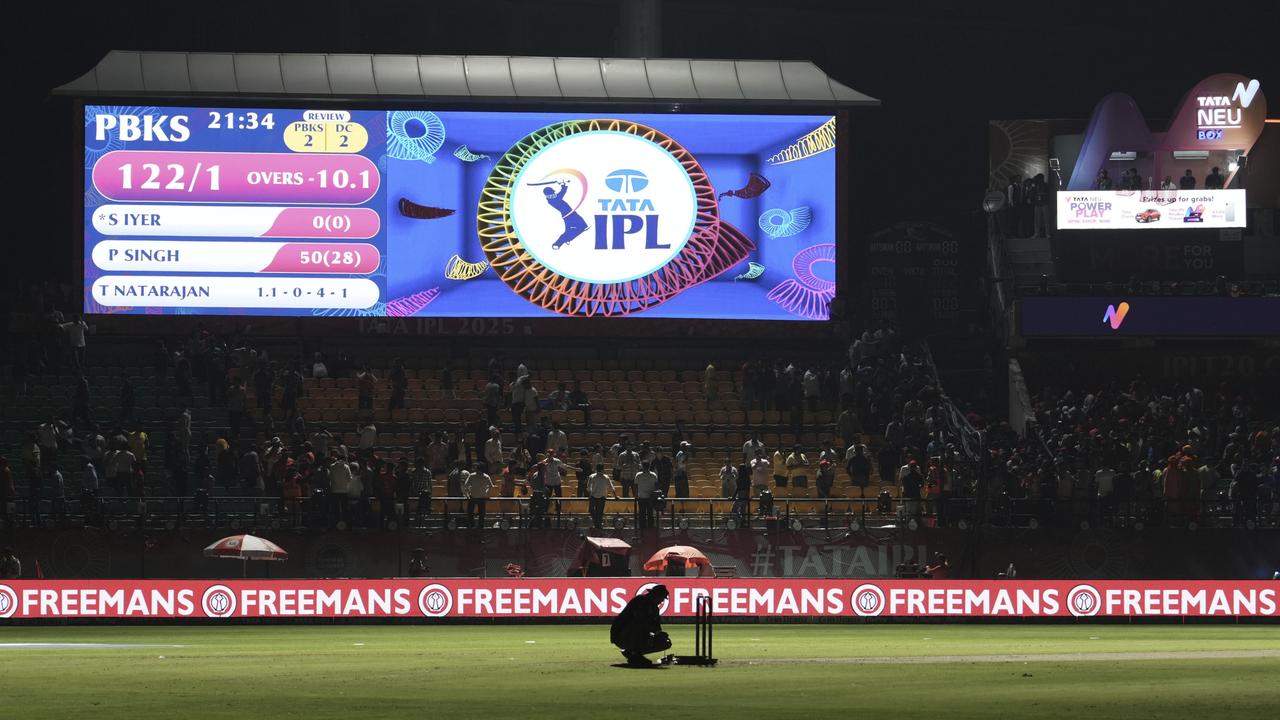Maxwell smart? Batsman who threw away the text book
The elasticity of Glenn Maxwell’s game reflects the demands of his era as he rediscovers his groove.

There is a well-worn video on YouTube, watched almost six million times in the last three years, in which Glenn Maxwell executes a repertoire of strokes in a studio for the animators of the video game Ashes Cricket.
First Maxwell does Maxwell, with that stock whip bat speed deriving from his wrists and forearms, providing a droll, self-deprecating commentary. Then, with onlookers egging him on, he starts “doing’’ other players.
He begins with a couple of easy ones, the hokey-pokey of Peter Handscomb, the puppet jerks of Steve Smith. The Smith leave is superb, complete with a concluding bark: “Not now!”
Then there’s a few for the connoisseurs, Sanath Jayasuriya going aerial over point, Brian Lara’s swirling pull, Virender Sehwag’s insouciant drive on the up.
Some cricket in-jokes follow: Michael Bevan’s cut (“always with the knee up”), Shane Watson’s squatting square drive, Ravi Jadeja’s bat-as-sword celebration (which Maxwell endearingly drops).
Lastly, he does Alfie and alpha: his coach-to-be Justin Langer, bent studiously over a forward prod, and Langer’s former partner Matthew Hayden, chest and ego out.
I love this video. It has all cricket in it — that game so replete with different techniques and mannerisms, which mingles imitation with individuality.
It’s playful and affectionate towards its subjects; it’s precise and observant of their habits; it also captures some of Maxwell’s shape-shifting impressionability, and the elusiveness, perhaps, of a stable core. It evokes what used to be said of the actor Peter Sellers, that he could play every role but himself.
For devotees of Maxy, it has been a great week. He rediscovered a groove in Australia’s three-match one-day series with India that he had located in England a few months earlier. Missing was that imp of the perverse that has been inclined to trip him up over the years, and the cloud he was towing this time last year when he took a mental health furlough.
A lot of this run of form can be credited to Maxwell’s new open-chested set-up, as wacky as the stance George Bailey finished his career with, albeit rotated 90 degrees counterclockwise.
Does it help him? Maxwell thinks it does, which is surely the main thing. It embodies Maxwell’s abiding zeal for experiment, and also a new maturity and confidence. Maxwell Smart?
Maxwell’s cricket violates everything we half remember from the old text books about playing each ball on its merits and avoiding premeditation. His short-form batting prioritises access. He grasps, as few others, that nine fielders is not quite enough to patrol a cricket field comprehensively; he targets untenanted spaces and soft flanks.
This, I think, affects perceptions of him, formed as they are mainly through television. Sometimes the home viewer will see Maxwell bend himself out of shape to play a stroke; the limits of the screen preclude appreciation about where he was aiming, what he was intending.
It looks like another weird aberration; in fact, it’s no more culpable than the guy who slogs down a deep fielder’s throat. We are merely more inclined to pardon orthodox failure than unorthodox.
The elasticity of Maxwell’s game reflects the demands of his era. His decade has tugged players hither and yon, between three formats, between international and domestic, between money and love.
Funnily enough, Maxwell’s strongest kin are probably still at Fitzroy-Doncaster CC. Few modern players have stronger emotional ties to their old club.
It was where he returned four years ago during a controversy about comments he made at a press conference for which he was ludicrously punished; it was where he made his re-entry to competitive cricket earlier this season.
Some cricketers grudge the demands of their profile. Maxwell, say those who’ve worked with him, never has. Kids embrace him perhaps more readily than adults, his venturesome cricket resonating with their unsullied spirit of play.
Maxwell’s contribution to cricket literature has been not a self-justifying autobiography but featuring in four fun little books by Patrick Loughlin concerning him and a youthful alter ego Will Albright.
In some ways, Maxwell appears perfectly adapted to modern cricket. He is a fine athlete. He possesses all the skills that attract a premium in the market for talent. He fields superbly, bowls handily, thinks quickly, speaks well. His role model is that paragon, Ricky Ponting.
Yet Maxwell is less certain, and so is cricket. Its highs and lows have been intensified, by capital, by incessant competition, by mainstream and social media. The acclaim is outsized; so is the condemnation. Knocks — that he is tentative against the short ball, that he fails to “finish’’ games — tend to follow him round.
No cricketer has been quite so ill-served by their popular epithet as Maxwell has been by “Big Show’’, on and off the field. And when he is unsettled or unfulfilled, teammates know.
Maxwell is at the point now, however, where he can afford to be choosy. He had a couple of dazzling years in the Indian Premier League, but his performances have tapered, inviting questions about how well he fits its meretricious, every-man-for-himself culture.
Integral to his success this week, I fancy, has been the leadership of Aaron Finch, his exact contemporary, erstwhile housemate and Victorian and Yorkshire teammate. Nobody has benefited more from Finch’s calm captaincy and careful definition of roles.
Mike Brearley once talked about captaining Alan Knott — how England’s eccentric keeper-batsman, who probably had the talent to bat at No 5, was better off at No 7 because of its slight additional licence to play as he wished.
It’s possible the same applies to Maxwell. For most players, a scarcity of overs to play with is a limitation; in it, Maxwell appears to find more freedom. Paradoxically he has three T20 centuries and two 50-over centuries. And in a game always in danger of slipping into solemnity, the player who keeps us guessing is doubly welcome.
Towards the end of the aforementioned video, Maxwell is asked if there is any shot he has not tried that he would like to attempt. Quick as a flash, he mimes a reverse sweep played not in front of his body but behind, like he’s using a broom to whisk some dust into a corner.
“I’m not sure if it’s a necessity in any sort of conditions,” says Maxwell. “But you never know.”







To join the conversation, please log in. Don't have an account? Register
Join the conversation, you are commenting as Logout